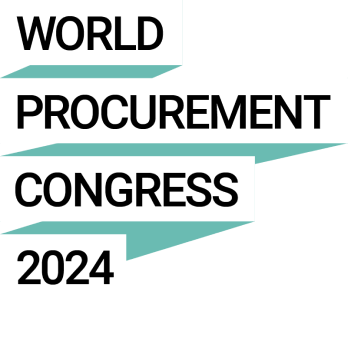Almost two-thirds (61%) of CPOs indicate they will attempt to drive growth during 2022 by improving critical suppliers’ performance, according to Procurement Leader’s 2021 CPO Compass report. If enforcement against performance standards represents the ‘stick’ procurement chiefs will use to achieve this, collaboration with suppliers represents the ‘carrot’. Yet around half (49%) of collaborative projects between buyers and suppliers end in failure, according to Procurement Leaders research.
Rarely has it been more important that businesses build close, productive relationships with suppliers than it is today, as prices soar and shortages of labour, materials and logistics capacity put supply security at risk (read more on this here). Collaborative supplier relationship management (SRM) can help to position a buyer as customer of choice, putting it line for priority access to critical goods and services as well as a supplier’s innovations.
But where do buying organisations get supplier collaboration wrong?
Procurement Leaders research into the matter has previously revealed several stumbling blocks, including misaligned collaboration drivers, a lack of trust between the parties in question and in some cases poor communication.
It is important that buyers enter into supplier collaborations for the right reasons, as the underlying motives will influence how they behave in supplier relationships and the results those relationships yield. Over four-fifths (86%) of respondents to Procurement Leaders’ 2018 Supplier collaboration survey said their organisation enters collaborative relationships with suppliers to cut costs. Yet organisations that did so reported cost savings of 13.3% each year, on average. This amounted to less than the overall average of 14.1% and suggests many organisations sought to collaborate with suppliers for the wrong reasons.
That study may be a few years old now, but it highlights a point that is just as relevant today as it was at the time of writing: with too great an emphasis on cost, buyers will struggle to develop strong relationships with strategic suppliers.
If they do not believe a relationship to be mutually beneficial, suppliers may be unwilling to commit time and resources to it. They may also develop mistrust of buyers whom they believe to be focused on achieving cost savings at any price – a lack of trust being one of the obstacles buyers often encounter when collaborating with suppliers. Buyers must make suppliers aware that they view collaboration as a strategic endeavour for both parties – not only through the words they use but the behaviours they exhibit.
Procurement Leaders’ 2022 supplier collaboration study will explore differing organisational approaches to supplier collaboration and how these can influence procurement performance, in addition to the relevant drivers and obstacles.
Are you a CPO, or do you work in supplier relationship management or supplier innovation? We want to hear your views. To participate in the research and receive a complimentary copy of the final report – publishing April 2022 – please complete the survey. It should take no more than 10 minutes.


















